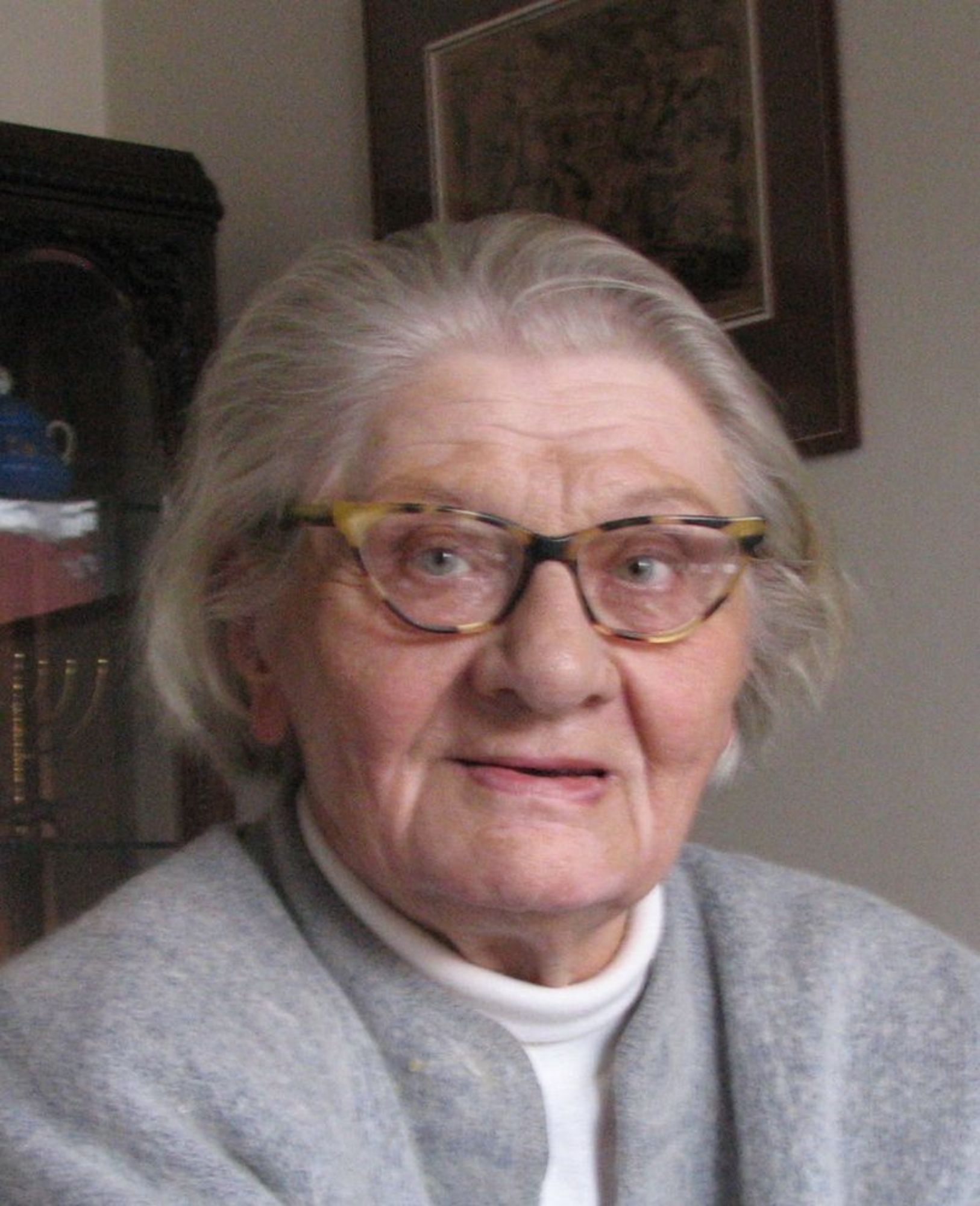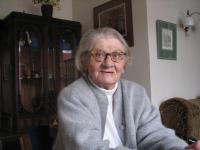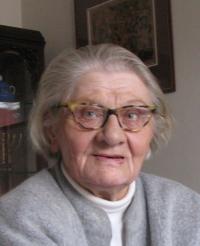They said things should be done differently after the war, but there was no speak of communism.

Stáhnout obrázek
Ludmila Kotálová, née Balloušová, was born on 16 September 1923. She graduated from the Minerva girls‘ grammar school in 1942. She started studying the Faculty of Law of Charles University in 1946. She participated in the student march to Prague Castle in 1948. Following political purges in 1948, she and her friend Pavel Kotál were expelled from the school. They continued meeting their student friends. At one meeting, Pavel Kotál was addressed by Vlastimil Chalupa, former high-ranking official of the National Socialist Party who was also a StB agent with cover name Major Král who was building an anti-communist platform. He founded the Labour Party (Strana práce), trying to bring together anti-Bolshevik movements in Czechoslovakia. The party provided the background for the publishing of the Plamen periodical, which Pavel Kotál and Ludmila Balloušová distributed. The entire group was arrested at the end of the summer in 1949. Ludmila was sentenced for 20 years of imprisonment for high treason and espionage. She served her penalty in the prisons in Prague-Pankrác, Hostinné and Pardubice. Ludmila Balloušová was one of the 12 female political prisoners of the Pardubice isolated ward, also known as the Castle, who wrote letters to UN Secretary General Dag Hammarskjöld in 1953, pointing out the violations of the UN Charter on Human Rights in Czechoslovak prisons and the general disregard of the Charter by the communist regime. She was released at the end of 1960 during an extraordinary general amnesty; Pavel Kotál left the prison with impaired health several years later. Ludmila Kotálová was acquitted in 1968, but Pavel Kotál did not live to receive the court decision.

